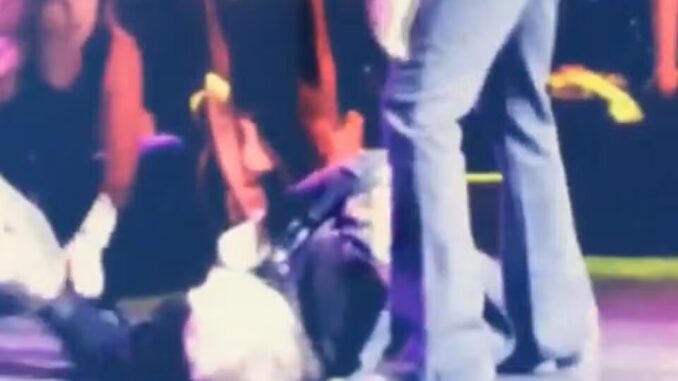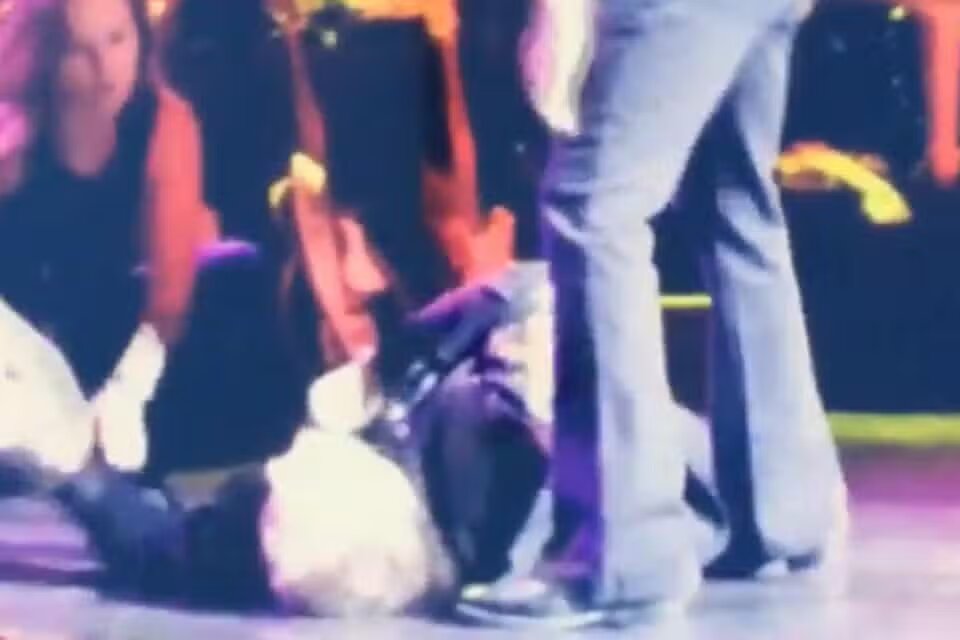
DICK EVANS BOWS OUT AT BAE
05 Jul 04. The Ft reported that, on his first day as former chairman of BAE Systems yesterday, Sir Richard Evans conceded that the process of leaving the company he has worked for since 1969 was “pretty traumatic”.
But not for the reason most might think.
“I’m still in sort of recovery mode from having had to face 40-odd years of paperwork that has travelled around with me,” Sir Richard said yesterday, the day Dick Olver, former BP deputy chairman, assumed BAE’s chairmanship.
It was a comment typical of the way that Sir Richard has run Britain’s largest defence contractor since he first became chief executive 14 years ago: always driven to move forward, dismissive of setbacks and with little time for second-guessing or nostalgia. And always with all the details at the tip of his tongue.
“It’s a mammoth bloody task,” he said, at the beginning of a 10-minute lecture on the role of paperwork at large corporations.”I’ve been doing it on and off for the last six months but all our filing archives are down in Farnborough, so I’m going to have to go down there over the next six months and continue the work,” he said.
Sir Richard could be forgiven if he chooses not to dwell on the more life-changing aspects of his departure, such as how a man who has come closest to personifying the British defence industry can simply walk away from a landscape he has dominated for decades while still at the peak of his talents.

He still has his friends, the part of his career he said he values most. And he will still have a one-day-a-week consultancy, helping BAE maintain its business in such places as Saudi Arabia, where he made his name by securing the estimated £20bn ($36.6bn) Al Yamamah arms contract that is the largest export deal in the history of British industry.
But there were times during the interview that Sir Richard seemed to hint that he may miss the daily to-and-fro more than he has let even himself acknowledge. “In six months’ time, after all this is done, I might have another view on that,” he said. His departure came at a turbulent time for the company. In the past two years, he has seen the unexpected departure of his successor as
chief executive; massive cost overruns at two of its largest programmes; and increasing strains with BAE’s largest customer, the UK’s Ministry of Defence.
But, asked if the recent troubles – particularly problems on the Nimrod patrol aircraft and Astute submarine programmes, which caused BAE’s share price to collapse last year – took the lustre off his final years in office, Sir Richard argued that what matters is not the problems but the way the company has fixed them. “There is not a right time to step off from any of these jobs,” he said, noting that he is already two years past his normal retirement age.
“I would have felt unhappy if I had actually gone a couple of years ago and left the problems of Nimrod and Astute behind for somebody else to pick up. One of the things that makes it possible today is that the business is in pretty good shape.” Indeed, it is easy to forget that when Sir Richard took the helm of the company in 1990, it was a far smaller amalgam of disparate parts and was on the verge of bankruptcy. A badly mis-managed regional and business jet unit caused a £1bn write-down in 1992, the largest in the history of British industry. From that low, he sold non-core operations, including Rover cars and a stake in the Orange mobile telephone business, and shut loss-making units, halving BAE’s 140,000 workforce. He then began an acquisition process that would greatly expand BAE’s capabilities beyond its traditional aerospace roots. It is now the UK’s prime military supplier on sea, in the air, and – with the recent move to to acquire tank maker Alvis – on land.
In addition, there is the fast-growing and profitable US business – non-existent in 1990 – whic

Leave a Reply